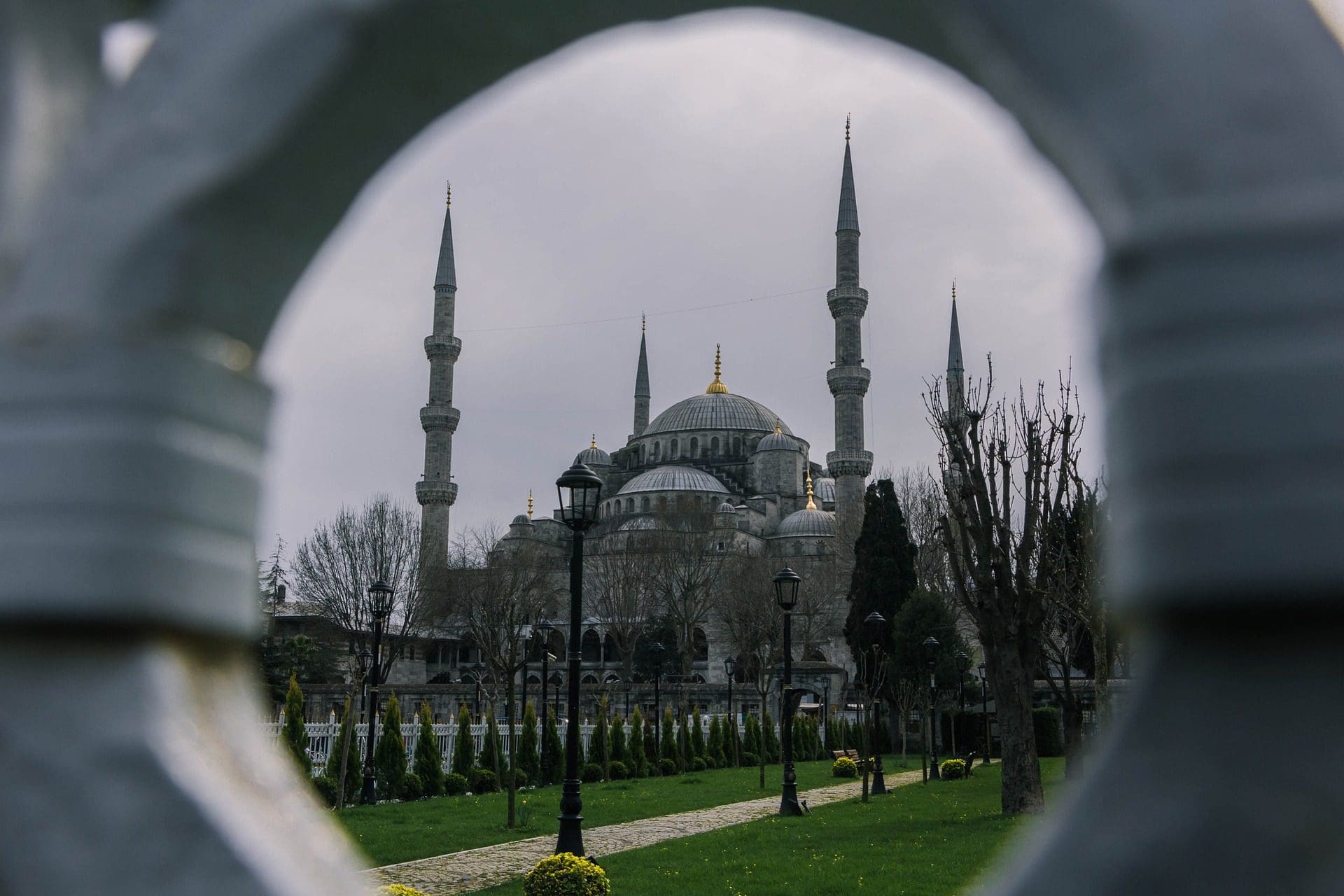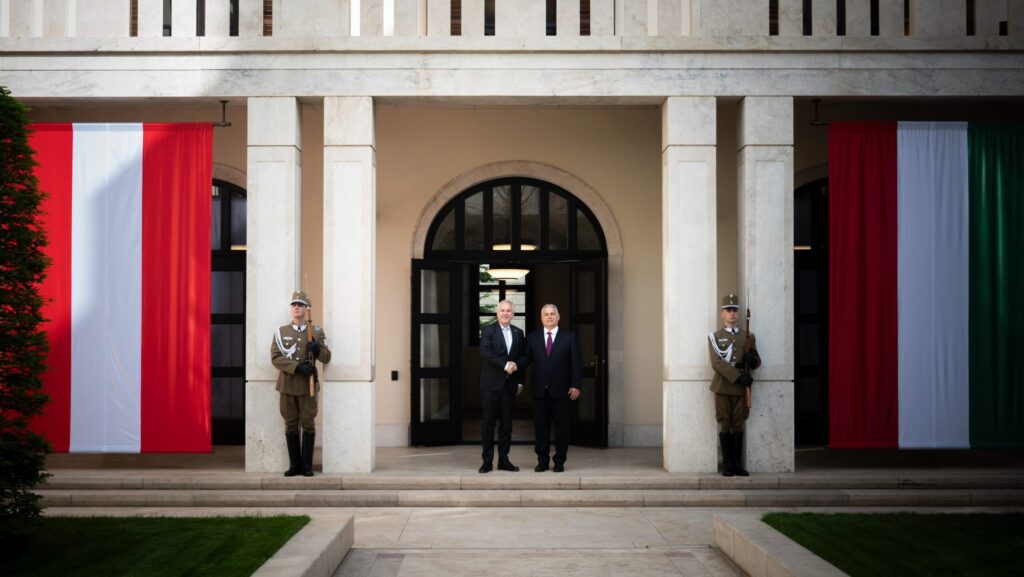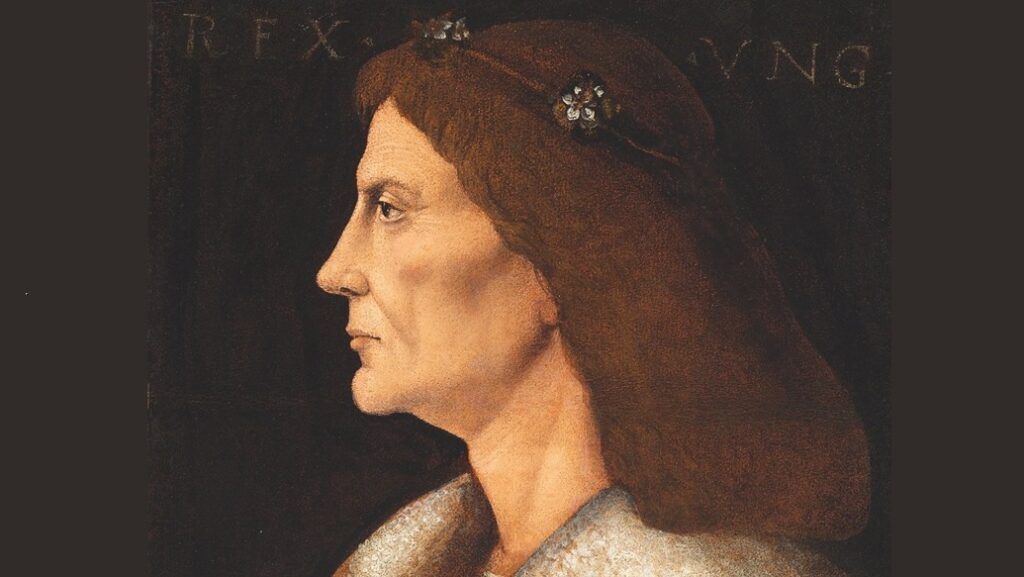On 8 December, the Solemnity the Immaculate Conception, it was reported that a cardinal archbishop stated:
‘It is important in the context of respect for the rights of the person and of the communities, the recognition of the freedom to confess one’s religious beliefs and to exercise community of the cult. May everyone be moved to contribute so that this right becomes concrete, even in our city and for all religious faiths, not least Islam, the religion that venerates you as the chosen one, the Virgin mother of Jesus,[1] the one who certifies the truthfulness of words of God.’
Freedom of religion, like freedom of speech and movement, is the foundation of human dignity. Yet this freedom does not entail to publicly exercise what is contrary, if not threatening to, the common good. The paradox of Muslims having a public place of worship in the West as Christians and Jews do is that, as former US House Speaker Newt Gingrich once said: ‘Sharia is incompatible with Western civilization.’ This is because Islam in itself, contrary to the politically correct claim, does not mean ‘peace’.
Islam Does not Mean Peace
The fourteen-hundred-year history of Islam shows that Islam is not a religion of peace. ‘Islam,’ which is a verbal noun, the fourth form of the Arabic root s-l-m (al-Silm), in fact signifies ‘to submit’ or ‘to surrender.’ One who accepts Islam and makes such submission is a Muslim. Such a person is termed a mu’min (believer), and one who does not accept Islam is a kafir (unbeliever).
The rationale for atrocities committed by Muslims is based on their submission to the notions that they must kill the kafirs for Allah’s greater glory and that their acts of terror would inscribe them in a book of martyrs, for which Allah would reward them with instant ascension into the paradise that awaits all faithful Muslims:
‘Indeed, the penalty for those who wage war against Allah and His Messenger and strive upon earth [to cause] corruption is none but that they be killed or crucified or that their hands and feet be cut off from opposite sides or that they be exiled from the land [bolded for emphasis]. That is for them a disgrace in this world; and for them in the Hereafter is a great punishment; Except for those who repent before you apprehend them. And know that Allah is Forgiving and Merciful.’ — Sura 5, 33–34
‘He who goes forth in Allah’s path and dies or is killed is a martyr, or has his neck broken through being thrown by his horse or by his camel, or is stung by a poisonous creature, or dies on his bed by any kind of death Allah wishes is a martyr and will go to Paradise.’ [bolded for emphasis] —Sunan Abu Dawood, Book 15, hadith 2493
The late Nabeel Qureshi, a convert to Christianity from Islam who then became politically active against the Islamisation of Western society, stated:
‘If we understand that to be Islam, then there’s no question that Islam has violence in its original form. Muhammad used violence to accomplish his ends…We can just quote the words of Muhammad. If we go to Sahih Bukhari, for example, this is the volume of Muhammad’s traditions that is understood to be the most trustworthy…What (Muhammad) says is, “I have come to fight those who do not say, ‘La ilaha illallah Muhammadur Rasulullah.’ In other words, “I have come to fight those who do not proclaim Islam, and if they do not say this, their persons and their property are not safe from me.”’
The Mosque: Not Just a Place of Worship
As explained in Islam: Religion of Peace?, since the beginning of the seventh century, when Muhammad began his mission, militant Muslim leaders have been waging a universal jihad around the world for the purpose of Islamic domination. The percentage of peaceful or moderate Muslims was never a determining factor in holy wars because peace and moderation are not congruent with the totalitarian directives of Islamists political goals. As history has shown, its truculent leaders have continually followed the totalitarian mandates of universal jihad contained in them.
A mosque, to the common observer, is the physical place designed for Muslims to worship Allah. Yet throughout Islamic history, the mosque has been the gathering place for the community of Allah’s faithful. Although all men are expected to pray inside a mosque, especially on a Friday (yawm al-jumu’a), they are not obligated to do so, since they can fulfil their duty anywhere they see fit. Keeping in line with male superiority, women are segregated in a separate area or are encouraged to stay at home to pray. A mosque, at the same time, represents something absolutely and radically different from a mere Muslim church or temple.
A peaceful ‘cohabitation’ between the Christian West (whatever may be left of it) and Islam has been shown to be historically destructive. Unlike Hungarian Prime Minister Viktor Orbán, Western leaders and churchmen alike have continually turned a blind eye to this. More so, numerous mosques are being built by countries like Saudi Arabia, which have become hotbeds of extremism. As former British ambassador to Saudi Arabia Sir William Patey said two years ago, Saudi Arabia has been funding mosques throughout the West that teach extremism, ‘which may down the road lead to individuals being radicalised and becoming fodder for terrorism.’
A note to the reader: This article is not meant to insult those Muslims who seek peace. In fact, in places like Iraq where I travelled in clerical attire, I was treated with the utmost respect by Muslims being called ‘Abouna’ (Father); in Bethlehem (in the West Bank), during Christmas you will see outside of the Basilica of the Nativity a Nativity scene across a mosque where Muslims show the utmost veneration. And I list some Muslims as incredible friends.
Yet religious freedom is a political right, not a religious ‘tenet’ within Christianity. The dilemma is that with the influx of Muslim migrants, many mosques in the European continent have become incubators of Islamic terrorism replete with alarming levels of migrant crime, including Muslim sex slave gangs and sharia-controlled no-go zones.
[1] To be taken up in a follow-up article.








